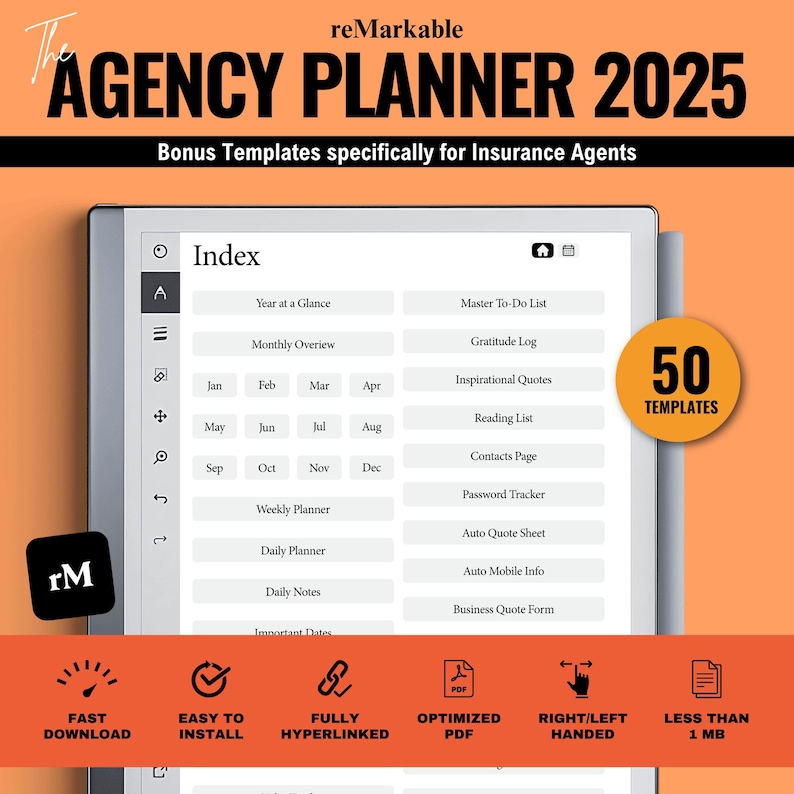Missing a premium payment can feel stressful, but don’t worry—you’re definitely not alone! Whether it’s life getting busy or just an honest oversight, forgetting to pay your insurance premium happens more often than you might think. The good news? There are usually options and solutions to help you get back on track without losing coverage. In this article, we’ll break down exactly what happens if you miss a premium payment and share some practical tips to keep your insurance—and peace of mind—intact. Let’s dive in!
Table of Contents
- Understanding the Grace Period and What It Means for You
- How Missing a Payment Affects Your Coverage and Benefits
- Steps to Take If You Realize You’ve Missed a Premium Payment
- Tips to Avoid Missing Payments and Keep Your Policy Active
- Insights and Conclusions
Understanding the Grace Period and What It Means for You
When you miss a premium payment, the grace period acts as a financial safety net, giving you extra time to make your payment without losing your coverage. Typically lasting between 30 to 45 days, this window allows you to catch up without immediate penalties. During this time, your insurance remains active, which means you’re still protected, but it’s crucial to act promptly. Keep in mind that if the payment isn’t made by the end of the grace period, your policy could be canceled retroactively, leaving you vulnerable to unexpected expenses.
Here’s what you should do during the grace period to keep things on track:
- Contact your insurer: Clarify the exact timeframe and any fees involved.
- Set a payment reminder: Avoid missing future payments by scheduling alerts.
- Review your policy details: Understand consequences of missing payments and options for reinstatement.
- Explore financial help: Some insurers offer hardship programs for those struggling to pay.
Navigating this period smartly ensures your coverage continues uninterrupted and keeps you financially secure.
How Missing a Payment Affects Your Coverage and Benefits
Missing a premium payment can immediately put your coverage at risk, potentially leading to a lapse in benefits. Many insurance plans offer a grace period—typically 30 days—during which your coverage remains active despite the missed payment. However, once this window closes without payment, your policy may be suspended or even canceled. This means you could lose access to essential services like doctor visits, prescription medications, or emergency care until the situation is resolved.
It’s also important to understand the ripple effects beyond just losing coverage. For instance:
- Claims submitted during the lapse may be denied, leaving you responsible for out-of-pocket costs.
- Reinstating your policy might require back payments or additional fees, creating financial strain.
- Habitual missed payments could affect your relationship with the insurer and even impact your credit score in some cases.
Taking action quickly by contacting your insurer can help safeguard your coverage and avoid unexpected surprises.
Steps to Take If You Realize You’ve Missed a Premium Payment
First things first, don’t panic! Missing a premium payment happens more often than you might think, and most insurance providers have systems in place to help you get back on track. Contact your insurer immediately to inform them of the situation—this proactive approach can often prevent your policy from lapsing. Ask about any available grace periods, which usually give you some extra days to make the payment without penalty. If you have autopay set up, double-check that your payment information is current to avoid future hiccups.
Next, review your payment options carefully. Some companies offer online portals, mobile apps, or phone assistance, making it easy to settle your balance quickly. If money is tight, inquire about potential payment plans or hardship programs—they’re designed to help you keep your coverage intact without breaking the bank. Remember to keep a record of all communications and payments made; this can be invaluable if disputes arise. Taking these steps promptly can save you from stress and maintain your insurance protection uninterrupted.
Tips to Avoid Missing Payments and Keep Your Policy Active
Staying on top of your premium payments is crucial, and with a few simple habits, you can never miss a due date. Set up automatic payments through your bank or insurer’s website—this way, the amount is deducted on time without you having to lift a finger. Another helpful trick is to mark payment dates on your calendar or use smartphone reminders. Visual cues and timely notifications make it easier to prioritize your insurance payments alongside your other monthly expenses.
Additionally, always keep your contact information updated with your insurer. This ensures you receive important alerts, billing statements, or even grace period notices. If you’re ever facing financial strain, reach out immediately—many companies offer payment plans or temporary relief options that can keep your coverage intact. Remember, communication and proactive planning are your best friends when it comes to avoiding lapses and maintaining peace of mind.
Insights and Conclusions
Missing a premium payment can feel stressful, but remember—you’re not alone, and there are ways to get back on track. Whether it’s health, auto, or any other type of insurance, understanding your options and acting promptly can help you avoid lapses in coverage and extra fees. If you ever find yourself in this situation, reach out to your provider, explore grace periods, and consider setting up reminders for future payments. Taking these small steps can make a big difference in keeping your protection seamless and your peace of mind intact. Thanks for reading, and here’s to staying covered and stress-free!







